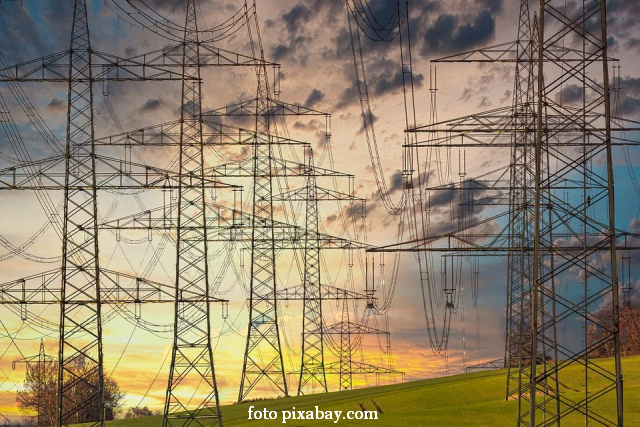Steps to secure Romania’s energy independence
Romania has come up with alternatives to curbing its reliance on Russian oil and gas

Bogdan Matei, 08.07.2022, 14:00
With significant reserves of oil and gas, Romania is less reliant on Russia in this respect compared to other countries in the free world, and thus less vulnerable to Moscows unpredictable power plays. The Black Sea is home to large quantities of natural gas, with an untapped estimated volume of 200 billion cubic meters. The largest volume is found in the Neptun Deep perimeter, currently exploited by the Romanian state-owned enterprise Romgaz and the Austrian company OMV Petrom. The country also has a relatively new nuclear power plant at Cernavodă, in the southeast, with two functional reactors and another two that are currently operationalized.
Our country has wind farms as well as a generous hydrographic network, favoring the building of hydroelectric power plants. Apart from these assets, Romania also has robust partnerships with EU and NATO Member States, who are also taking steps to secure their energy independence from Russia. Greece has recently inaugurated a hub for storing and transporting natural gas, which will cover not just its domestic demand, but will also help provide natural gas to other countries in the region, the Prime Minister of Greece, Kyriakos Mitsotakis said on Thursday on the sidelines of his meeting with his Romanian counterpart, Nicolae Ciucă. The two officials discussed about the gas interconnector linking Greece to Bulgaria and which is expected to transport up to three billion cubic meters of gas per year. The gas will be transported from Anatolia, in Turkey or from the Adriatic Sea, all the way to Bulgaria and Romania. Prime Minister Ciucă said Bucharest in turn will be able to redirect the gas transports to its eastern partners, the former Soviet republics of Ukraine and Moldova, whose pro-Western regimes have often been pressured by the Russian Federation, which uses its gas exports to these countries as leverage.
Also on Thursday, Prime Minister Nicolae Ciucă met with John L. Hopkins, the president and CEO of the American company NuScale. The White House announced on June 26 that the United States government and the Oregon-based company will offer 14 million USD to support engineering and feasibility studies aimed at helping Romania build an SMR power plant. The Small Modular Reactor technology is not currently used in Europe, and the former thermal power plant in Doicești, Dâmbovița County (south) has been selected to host the first of the six modules expected to be built. Romania wants to become a regional hub for producing energy using SMR technologies, and the authorities have promised the first unit will be finalized by 2030. (VP)






























